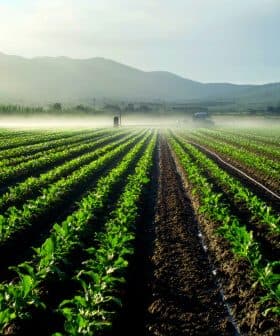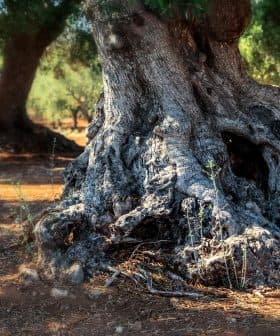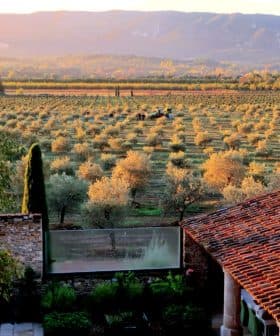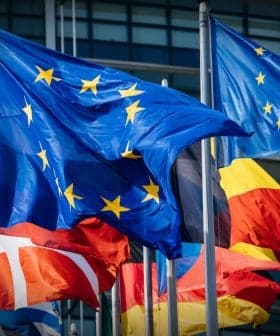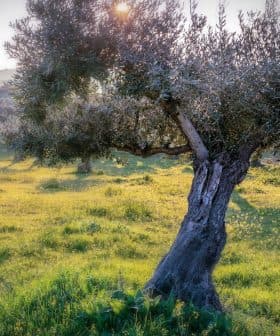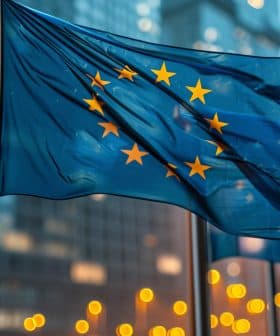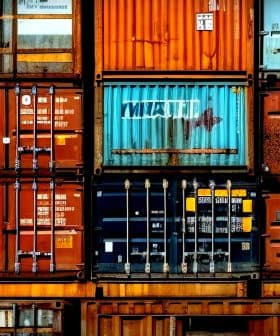French Court Bans Popular Herbicide
The world's most widely-used herbicide, developed by Monsanto, is now banned in France.
A French court has banned Roundup Pro 360 due to potential health risks, effective immediately, following a ruling in Lyon on January 15. Bayer is appealing the decision, arguing that glyphosate is safe, despite the court’s ruling that the product is potentially carcinogenic for humans and toxic for reproduction and aquatic organisms.
A court in France has banned Roundup Pro 360, a widely-used weed killer that has glyphosate as its active ingredient.
The French justice system has taken the lead in Europe by taking a decision that can be applied to all Roundup products.
Citing potential health and safety risks, the ban entered into effect immediately following the ruling by a French administrative tribunal in Lyon on January 15. The court ruled that the French Agency for Food, Environmental and Occupational Health and Safety (ANSES) was wrong to approve use of the product in 2017 without examining the potential health risks of glyphosate.
See Also:Pesticides and HerbicidesRoundup contains 41.5 percent glyphosate, and is the brand name of the world’s most widely-used herbicide developed by Monsanto and now owned by the German pharmaceutical company Bayer.
The French court ruled that based on scientific studies, Roundup Pro 360 is “a potentially carcinogenic product for humans, suspected of being toxic for human reproduction and for aquatic organisms.”
Corinne Lepage, a former environment minister and the lawyer who represented the genetics institute Criigen in the case against ANSES, told Liberation newspaper that “the French justice system has taken the lead in Europe by taking a decision that can be applied to all Roundup products.”
Bayer is appealing the court’s decision, citing studies that prove glyphosate is safe. Bayer is currently facing more than 9,300 lawsuits over the negative health effects of Roundup and related products.
“Bayer disagrees with the decision taken by the Administrative Court of Lyon to cancel the marketing authorization for RoundUp Pro 360,” a company spokesperson said in a statement. “This product formulation, like all crop protection products, has been subject to a strict evaluation by the French authorities (ANSES), an independent body and guarantor of the public health security.”
The use of glyphosate is a contentious issue in France and has been the subject of intense parliamentary debate. French president Emmanuel Macron had pledged at the end of 2017 to ban the substance in France by 2020.
In 2015, the World Health Organization (WHO) had classified glyphosate as “probably carcinogenic to humans,” but despite this warning the European Commission had approved a license renewal for the substance in November 2017.
Partial and total bans of glyphosate also have been issued in about a dozen other countries since the release of that report, including several other members of the European Union, Brazil, Canada and New Zealand.
In related news, the same week the French court banned Roundup, a European Parliament report revealed that the European Commission’s 2017 decision to extend the license for glyphosate was based on text that had been copied and pasted from Monsanto studies and included in an assessment by the European Food Safety Authority (EFSA) that concluded the substance is safe to use.


